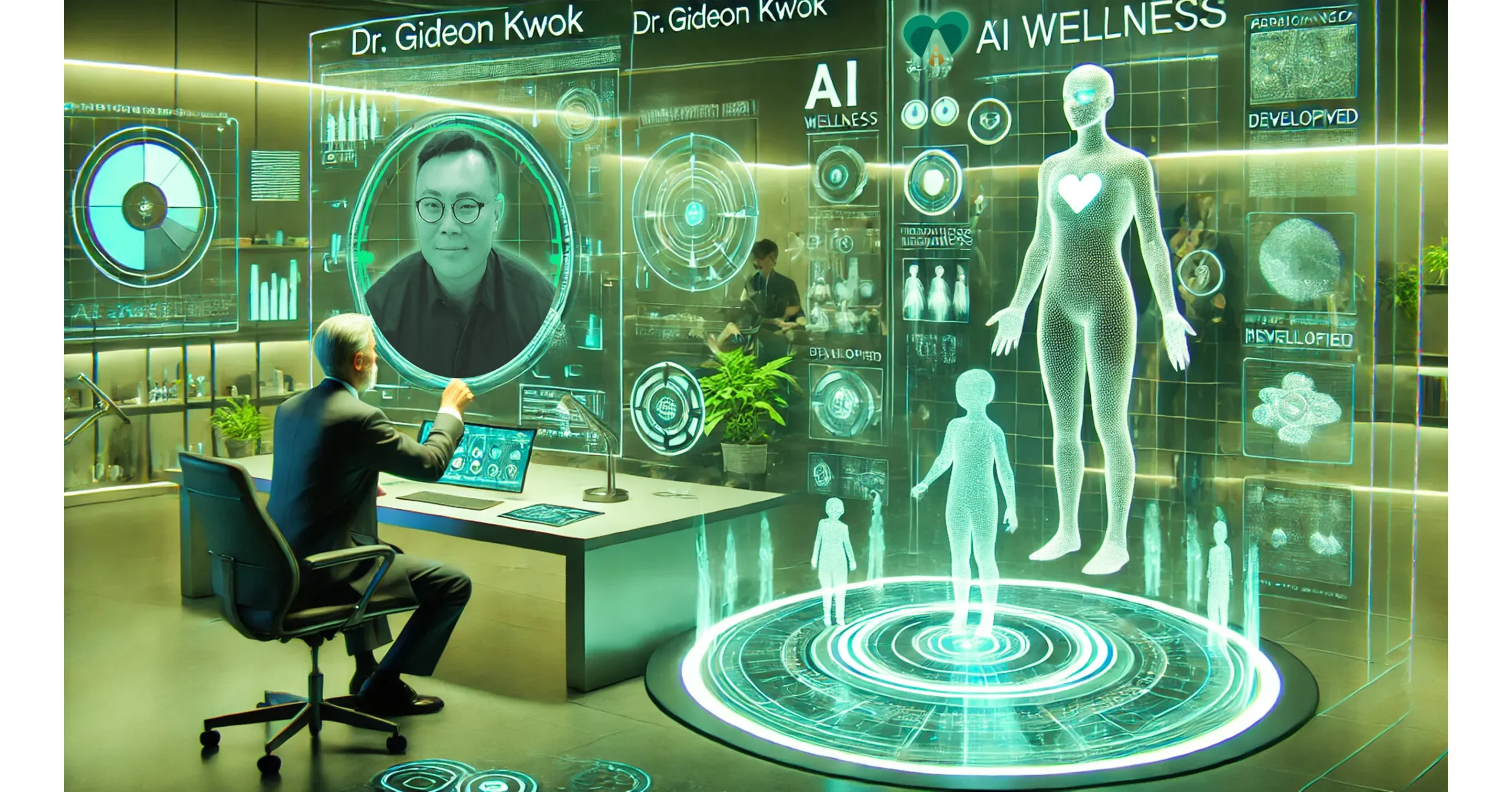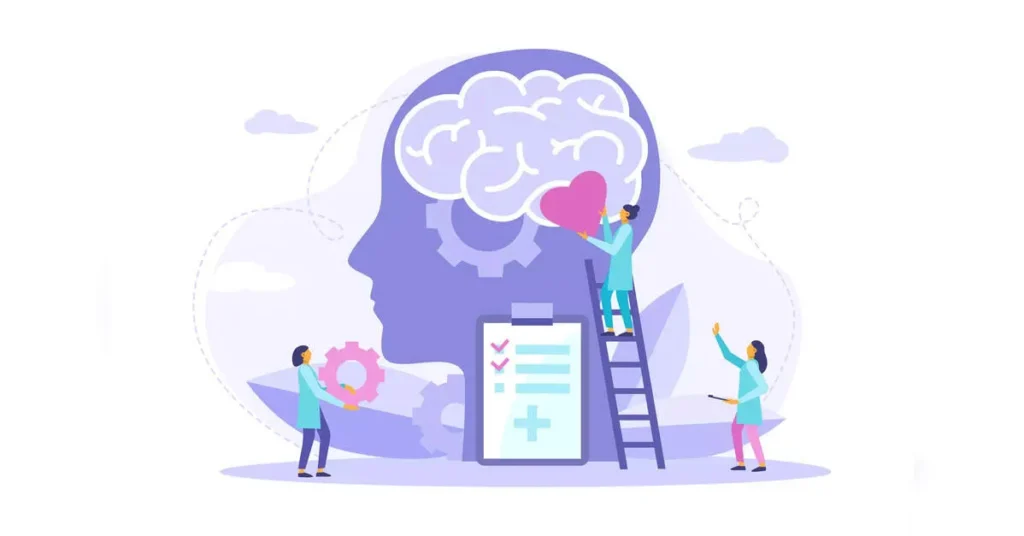In 2025, the U.S. healthcare system is undergoing a transformative revolution—one not driven by hospitals or insurers alone, but by the full integration of artificial intelligence (AI) and advanced technology. From rural clinics to urban hospitals, and from personalized treatments to national diagnostics networks, technology has taken center stage in shaping how Americans manage, monitor, and improve their health.
This is not just about efficiency or cost—it’s a reimagination of care. With AI tools analyzing massive datasets in real time, smart wearables offering continuous health insights, and robotic systems assisting in surgeries and eldercare, Americans are witnessing a wellness revolution that prioritizes precision, prevention, and personalization.
The Shift Toward Predictive and Preventative Care
One of the most radical changes in 2025 is the pivot from reactive to predictive healthcare. AI systems now monitor genetic profiles, lifestyle patterns, and real-time biometrics to forecast future health risks—before symptoms even arise. These tools are integrated into everything from primary care checkups to smartphone apps that nudge users toward healthier decisions.
Chronic illnesses such as diabetes, heart disease, and hypertension are now largely managed through AI-powered platforms that offer tailored treatment plans. Early-stage detection of cancer and neurological disorders is made possible by machine learning algorithms trained on vast clinical imaging datasets.
Rather than waiting until people get sick, the system increasingly keeps them well.
Smart Devices & Home Health Tech
The average American home now includes multiple smart health devices. These range from AI-powered blood pressure cuffs to voice-assisted medication reminders, glucose monitors, and sleep-tracking pillows. Many patients no longer need to travel for routine appointments. Instead, remote sensors collect health data continuously, and virtual care teams step in when anomalies are detected.
Wearables have evolved far beyond step counters. In 2025, they include:
- Continuous glucose monitors for diabetics
- ECG-enabled smartwatches
- Skin sensors that detect hydration, stress, and inflammation
- AI-enhanced mental health monitors that track mood swings and cognitive health
These devices connect directly with healthcare providers via encrypted networks, allowing for real-time intervention.
Hospitals of the Future
Hospitals in 2025 are hubs of robot-assisted surgery, automated diagnostics, and AI-augmented decision-making. Surgeons now rely on robotic assistants for minimally invasive procedures that offer faster recovery and more precision. Radiology departments are powered by AI that can detect abnormalities in imaging scans with accuracy rates exceeding human experts.
Administrative workloads are also being reduced. AI handles tasks like medical transcription, claims processing, and even predicting patient readmissions—freeing healthcare professionals to focus on human care.
These changes are especially impactful in rural and underserved areas, where virtual clinics and AI-powered diagnostic kiosks have become the frontlines of healthcare delivery.

Mental Health & Emotional AI
By 2025, AI-driven mental health platforms are a common choice.These platforms offer personalized therapy bots, mood trackers, and cognitive behavioral tools that adapt over time. Some Americans prefer this hybrid approach, combining human therapists with 24/7 AI assistants that offer nonjudgmental, on-demand support.
For veterans, teens, and elderly patients—often underserved by traditional systems—AI has widened access, shortened wait times, and removed stigma. AI’s role in behavioral health is seen as one of the most promising and compassionate uses of modern tech.
Data Privacy & Ethical Challenges
Despite the promise, the wellness revolution is not without challenges. Americans are grappling with concerns about data privacy, algorithmic bias, and the dehumanization of care. Who owns your health data? How do you ensure AI isn’t making biased decisions? These questions are at the heart of national debates.
The federal government and tech companies have responded with stricter AI transparency rules and digital health rights for patients. But trust remains fragile—especially in marginalized communities that have historically faced unequal treatment.
Pharmaceutical Innovation & AI Drug Discovery
AI is also transforming drug development. In 2025, new medications are discovered and tested faster thanks to machine learning models that simulate how molecules interact with the human body. Drug trials now involve virtual cohorts alongside real patients, dramatically cutting timelines and costs.
This acceleration means more treatments are becoming available for rare diseases and personalized medicine is finally scalable.
The New Wellness Economy
Finally, 2025 has brought a boom in the wellness economy—a multibillion-dollar industry that includes AI-based fitness coaching, longevity supplements, digital detox programs, and workplace health tech. Americans are investing more in preventive wellness as longevity becomes a cultural priority, not just a medical goal.
FAQs: Tech & AI in U.S. Healthcare (2025)
1. How is AI used in healthcare today?
AI is used for diagnostics, treatment planning, drug discovery, administrative automation, and even mental health support. It helps predict illnesses, personalize care, and reduce the time it takes to detect and treat disease.
2. Are smart devices actually improving patient outcomes?
Yes. Studies in 2025 show that patients using continuous monitoring devices experience fewer emergency visits, better chronic disease management, and higher satisfaction. These tools allow doctors to intervene earlier and more precisely.
3. What is predictive healthcare, and how does it work?
Predictive healthcare uses AI to analyze your genetics, lifestyle, and health history to anticipate future illnesses. This allows doctors to take preventative actions or recommend lifestyle changes before you get sick.
4. Can AI replace doctors or nurses?
No. AI is a tool—not a replacement. While it automates certain tasks and enhances decision-making, human judgment, empathy, and clinical skills remain essential in patient care.
5. How is mental health being handled by AI?
AI is used in virtual therapy, mood monitoring, and cognitive behavioral tools. These services complement human therapists and expand access to those who might not otherwise receive care.







